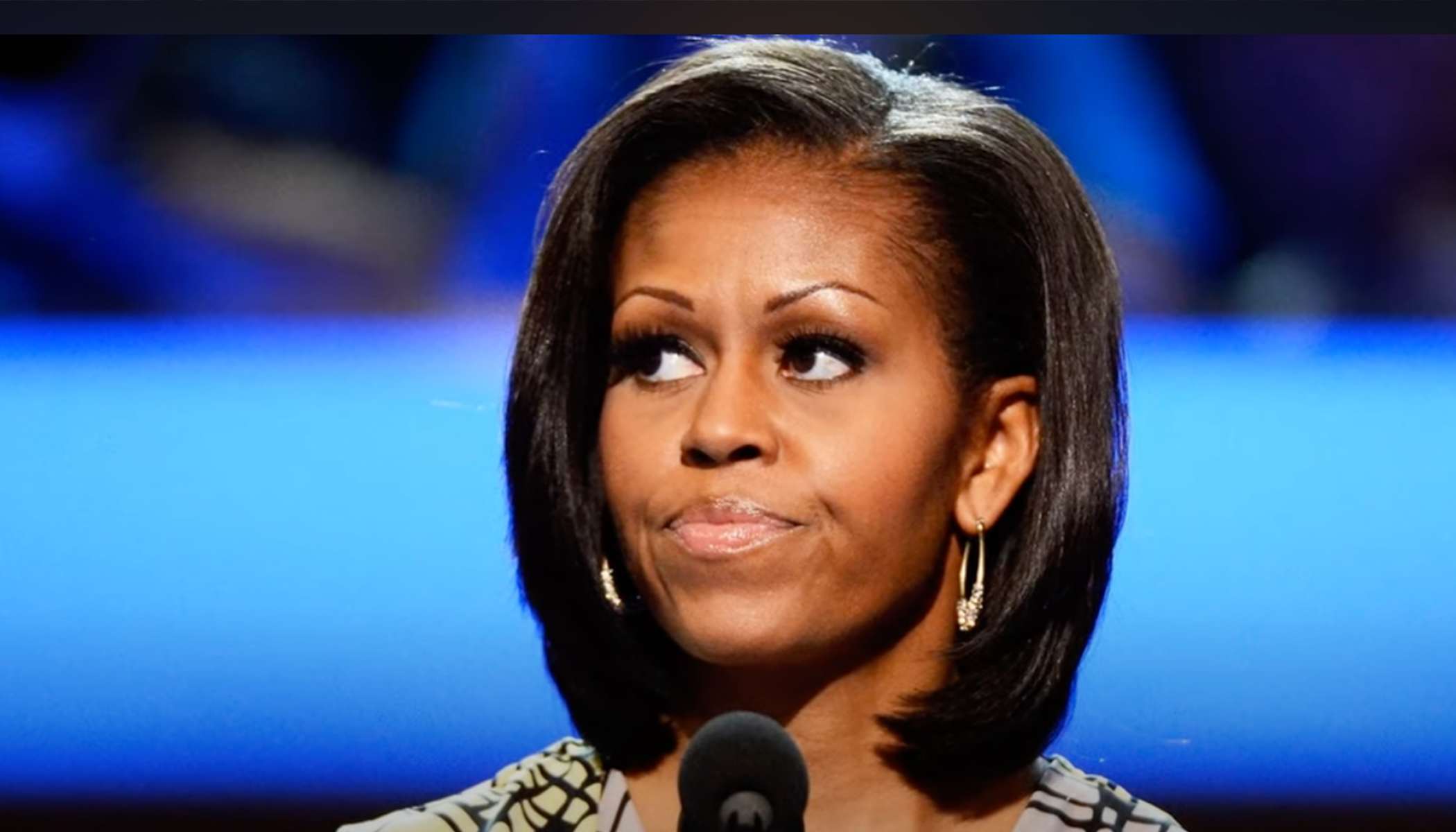Pence Declines io Endorse Any Candidate in Upcoming Presidential Election
In a surprising announcement, former Vice President Mike Pence declared he would abstain from endorsing any presidential candidate this election cycle.
Pence expressed discontent with the current direction of both the Republican Party and the Democratic Party agendas, thereby deciding not to openly support any candidate, as The Hill reports.
Pence voiced his decision during "The Gathering," a conservative event hosted by Erick Erickson. He criticized certain prevailing attitudes within the Republican Party, especially regarding international relations and fiscal policies.
He elaborated on his concerns about the party's neglect of the national debt, which has recently surged to $35 trillion, and its diminishing focus on traditional conservative values, such as the right to life.
Pence also addressed the controversial actions of former President Donald Trump, particularly the pressure exerted on him to overturn the 2020 election results, a situation that culminated in the Jan. 6 Capitol protests when Pence upheld the election outcome.
Emphasis on Traditional Conservative Principles
In his speech, Pence reiterated his refusal to back down from foundational conservative principles. He specifically criticized the shift away from a strong international presence and the lack of fiscal restraint shown by current party leaders.
“For my part, I’m staying out of the presidential campaign,” Pence stated, expressing his inability to endorse the direction his party has taken, especially regarding global alliances and fiscal responsibility.
“I cannot endorse ignoring our national debt that reached $35 trillion just in the last week. I cannot support marginalizing the right to life in our party as we saw in our national platform,” he added, clarifying his stance on key issues.
Response to Democratic Policies and Perspectives
While distancing himself from the Republican Party's current trajectory, Pence was equally critical of the Democratic Party. He emphasized the importance of holding Democrats accountable for their policy decisions.
“We've got to hold them accountable and make sure the American people know what they’re offering,” Pence commented on the need for transparency and accountability in politics.
He clarified that his decision to stay neutral does not equate to support for Vice President Kamala Harris or the broader Democratic Party campaign, reinforcing his bipartisan critique of both parties.
Pence’s Future Political Strategy
Despite his withdrawal from direct campaign endorsements, Pence has not stepped away from political activism. His advocacy group plans to invest $20 million this year in promoting traditional conservative principles.
This funding will support candidates who endorse strong military policies, limited government, and conservative legislative measures like those seen during the Trump administration, specifically the tax cuts.
Pence’s approach aims to bolster the foundational elements of conservative governance, despite his criticisms of current party leadership.
Broader Implications of Pence’s Non-Endorsement
The former vice president's decision is seen as a significant deviation from traditional political endorsements, where former high-ranking officials typically support their party’s nominee.
This move has sparked discussions among Republicans, particularly those who oppose Trump, about the future direction of the party and the potential for new alignments within its ranks.
Some members within the party have even suggested that Pence should consider endorsing the Democratic ticket, illustrating the deep divisions that his stance may be exacerbating.
Conclusion and Recap of Key Points
In conclusion, Mike Pence's decision to avoid endorsing any candidate highlights his dissatisfaction with the current political landscape.
His criticisms span both major parties, focusing on issues like international relations, fiscal responsibility, and conservative values.
Pence plans to continue influencing American politics through substantial financial support for candidates who align with traditional conservative principles.






